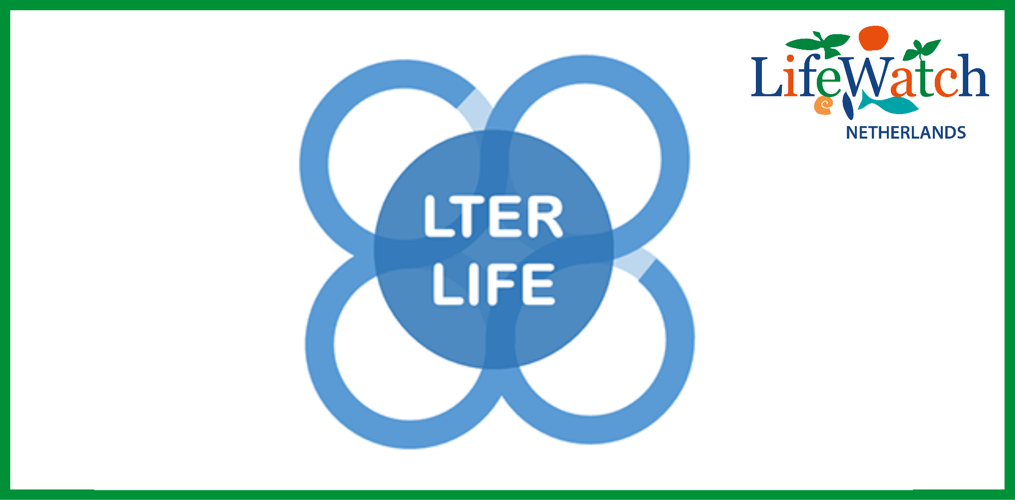
The planet is changing rapidly; to understand and forecast how ecosystems are affected by global change, ecology should become a predictive science. LifeWatch Netherlands is an integral part of ambitious new project LTER–LIFE, starting summer 2023, in which it will contribute virtual laboratories to answer fundamental questions on the functioning and resilience of ecosystems. LTER-LIFE is a Large-Scale Research Infrastructure in the making, one of the nine projects awarded within the Dutch national roadmap for large-scale reseach infrastructre. It will provide a state-of-the-art e-infrastructure to study and predict how changes in climate and other human-induced pressures affect ecosystems and biodiversity, capitalising on recent advances in Big Data science. This will enable ecologists to link scattered long-term data on plants, animals, and the environment; share methods for data analysis, modelling, and simulation; and build digital replicas of entire ecosystems (“Digital Twins”), transforming our ability to understand how ecosystems will respond under different scenarios and mitigation measures.
In addition to fostering crucial scientific breakthroughs, the LTER LIFE infrastructure will also enable research on societal questions, such as how biodiversity will benefit from specific interventions to reduce nitrogen deposition in the Veluwe area, or how mitigation measures will impact the species composition, and thereby ecosystem functioning, in the Wadden Sea. Hence, LTER-LIFE will fit seamlessly into the EU Biodiversity Strategy 2030 and its new EU Nature Restoration Plan, and into Dutch initiatives such as the Deltaplan Biodiversiteitsherstel. By extending the instrument to other ecosystems and their services, LTER-LIFE will also contribute to the European initiative “Destination Earth”, demonstrating technological capabilities in simulation, modelling, data science, artificial intelligence and high-performance computing in the context of biodiversity and ecosystems. Thus, the benefits of LTER-LIFE will be widely felt by scientists in the field of biodiversity, ecology and environmental sciences, as well as a broad range of societal organisations.
Together with LifeWatch Netherlands, which develops virtual laboratories to answer fundamental questions on the functioning and resilience of ecosystems, LTER-LIFE is built on:
- Long-Term Ecosystem Research Netherlands (LTER-NL): carries out and connects time series on long-term ecosystem monitoring within so called LTER sites, and makes these data available for research. LTER-NL is part of LTER-Europe, which is on the European ESFRI road map for large infrastructure.
- National Environmental Monitoring Network (NemNet): runs a national scheme of abiotic monitoring of soils, water and air.
For more information, please read this article from the Dutch Research Council.